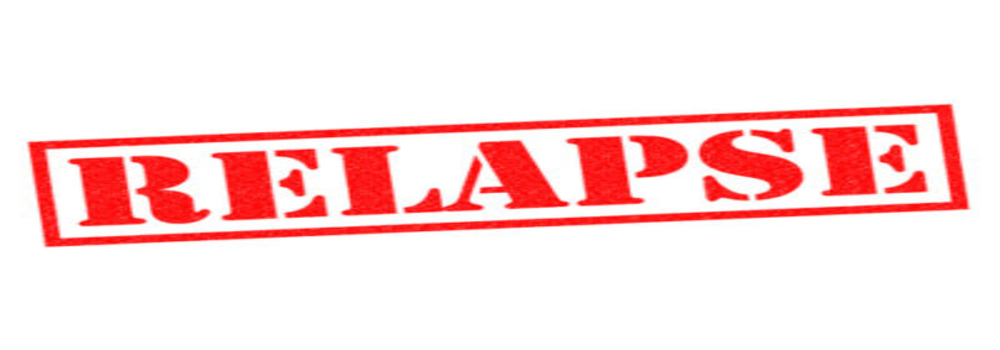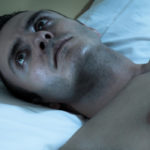Many have described relapse as being a single moment, quick as a flash, where good judgment is swiftly replaced by bad decision making. Others have said that they knew relapse was coming for many weeks or even months before it did, making note of changes in mindset and behavior. Relapse is often regarded as a process, not a single event. If you identify with any of these signs of relapse, it is critical that you speak up to someone you trust and find support wherever possible to keep your sobriety on track. Many of these symptoms come and go overtime all throughout sobriety. Pay attention if they are frequent and at the forefront of your mind or behavior.
Obvious Signs Of Relapse
- You are planning to relapse
- You have been having frequent dreams or thoughts about relapsing
- You haven’t told anyone about your thoughts of relapsing
- You feel some kind of reward for being devious
- You are acting out in other ways
- You are speaking out against recovery and sobriety to peers who are committed to staying sober
- You are contacting old friends who can get you drugs, alcohol, pick you up from treatment, or enable your relapse in any way
- You think that you’ll have everything under control once you start using again
Unobvious Signs Of Relapse
- You are feeling uncomfortable in your skin
- You are feeling more resentful than normal
- You are lashing out at friends and family members for no reason
- You aren’t practicing parts of your recovery program
- You are having consistent euphoric recall, making light of your addiction instead of recognizing the dark
- You are being defiant and rebellious
- You are facing a difficult decision that you don’t want to make
- You are having a hard time showing up for your life or your recovery
Post Acute Withdrawal Syndrome
Too many men in recovery go uneducated about the possible recurrence of uncomfortable withdrawal syndromes throughout their first eighteen to twenty-four months of recovery. Post Acute Withdrawal Syndrome is somewhat of a phenomenon in recovery that can cause panic and inspire relapse without any awareness. Typically around the thirty day marks and six months marks, individuals in recovery can suddenly have thoughts, cravings, and uncomfortable symptoms like they did in their first few days or weeks of withdrawals. Irritability, moodiness, insomnia, anger, aggression, depression, feeling overwhelmed, anxiety, and severe cravings flood the mind and the body. After periods of time with great progress, the sudden onset of regress can feel overwhelmingly disappointing. Without knowledge of PAWS, people can mistake their symptoms for signs of inevitable relapse. Getting through a period of PAWS can be challenging but is not impossible. Extra love, care, and attention is needed to stay grounded and connected to reality: this too shall pass.
Through our treatment programs at Tree House Recovery, men are finding freedom from addiction every day. Combining the best of clinical, evidence-based care with rigorous fitness and adventure regimens, men in our program create sustainable lifestyles of recovery by creating sustainable change. Call us today for information: (503) 850-2474




